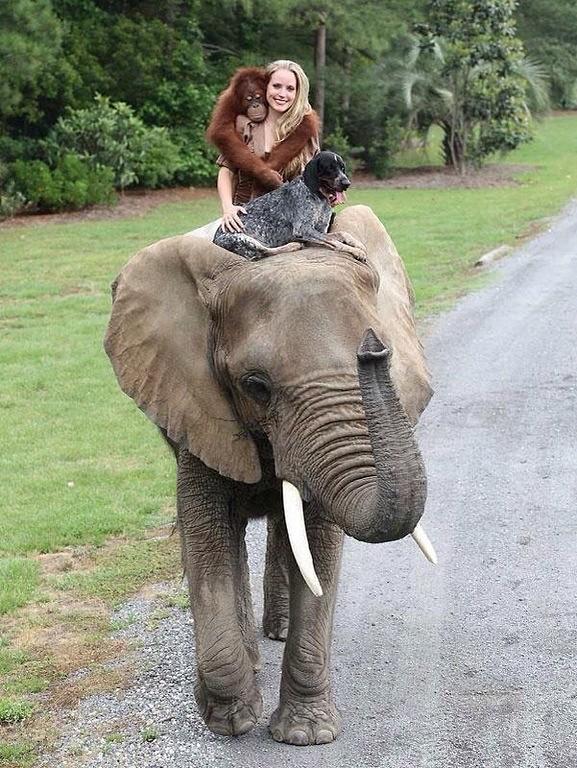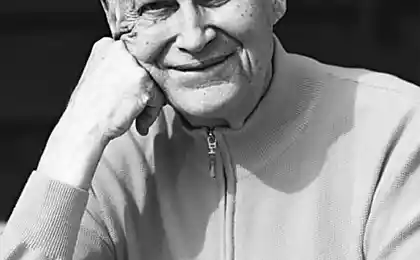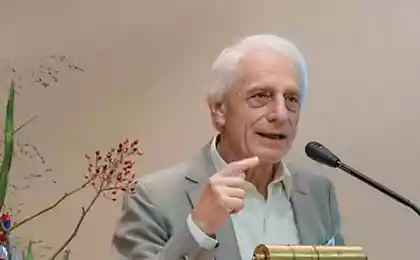734
The problem of the right and duty with regard to animals

(TN Pavlova "Bioethics in higher education»)
Anthropocentrism proclaimed human right to use the natural world, animate and inanimate, in their view. Anthropocentric conception of the world has never considered the possibility of the existence of a duty of man to anyone. However, the change of ideological orientations of modern society makes a man look with new eyes on his relationship with the world of the living, to reconsider its status in the world of the living.
The well-known advocate of animal rights, theologian Dr. E. Linzy sees the chosen man of his special duty to all the living: "If born a man endowed with a special gift of God, he can do something that is not in a position to make other creatures on earth, namely, : esteem, respect for all of God's creation and enjoy them as their God and rejoicing »
. E. lens leads the thesis of the XVIII century theologian X. Primatta in his works - "On the duty of compassion and cruelty of sin in relation to animals." Primatt wrote: "Since the Creator is kind and wise, then his every creation must be good, or better said, it is his duty - to be kind»
. In its universal ethics of A. Schweitzer also includes the concept of human duty to living beings. A man must feel his closeness and his duty to any form of life with which it comes into contact. Schweitzer believes that the good is to sustain life, maintain it, and evil is to destroy life and keep her. Thus, Schweitzer imposes a moral obligation to care for the human beings, the preservation of their lives.
Pronounced drier language, this idea has received recognition at the moment: the man is responsible for what happens on the ground; like being with the most highly developed mind, a person must live according to the laws of ethics and the protection of life on earth is the moral duty of man. The suffering and death of animals, domesticated by man, the death of wild animals and the destruction of the natural environment - in all of this man's fault, he has a moral responsibility for the fate of life on the planet. His duty - not only to stop the destruction of life on earth, but also to compensate for the damage caused by them all living planet
. Michel de Montaigne speaks of "respect and total debt of humanity binds us not only to animals that are given life and feelings, but also with trees and plants." He continues: "The people we must judge justly, and to other beings - who are able to take it - and mercifully treated patronizingly»
. The right, which was used by people, killing and exploiting other living beings is called the right of the strong. It has nothing to do with the ethical standards and is possible only in a society based on the principles of violence. This human rights and no one gave; English philosopher Jeremy Bentham (1748-1832) writes that the man arrogated to himself the right to exploit the animals and make them suffer, "The day may come when the rest of the living creatures require the rights that were taken away from them by the hand of a tyrant" ( "Introduction to the principles of morality and the rule of law "(1780)).
Montaigne said: "We are not above or below the other; all those who live under the sky, one ruled by law, and is waiting for the same fate. Some of the difference is in the manner and degree, but it's different faces of a single nature. " Right in relation to other beings involves ignoring their interests and therefore contrary to the principle of ethics - care for others in the broadest sense of the word. At the same time, a duty to anyone - it is the interests of others; recognition of a duty to someone suggests a fairly high ethical level individual or group. The fact that more and more people recognize the duty of mankind to wildlife, indicates a departure from the concept of anthropocentrism humanity and turning it to the rational and ethical outlook.
Astronomers have discovered a recurring fast radio burst - possibly from different types of sources
About medical starvation. My next conclusions on the "exit":
























